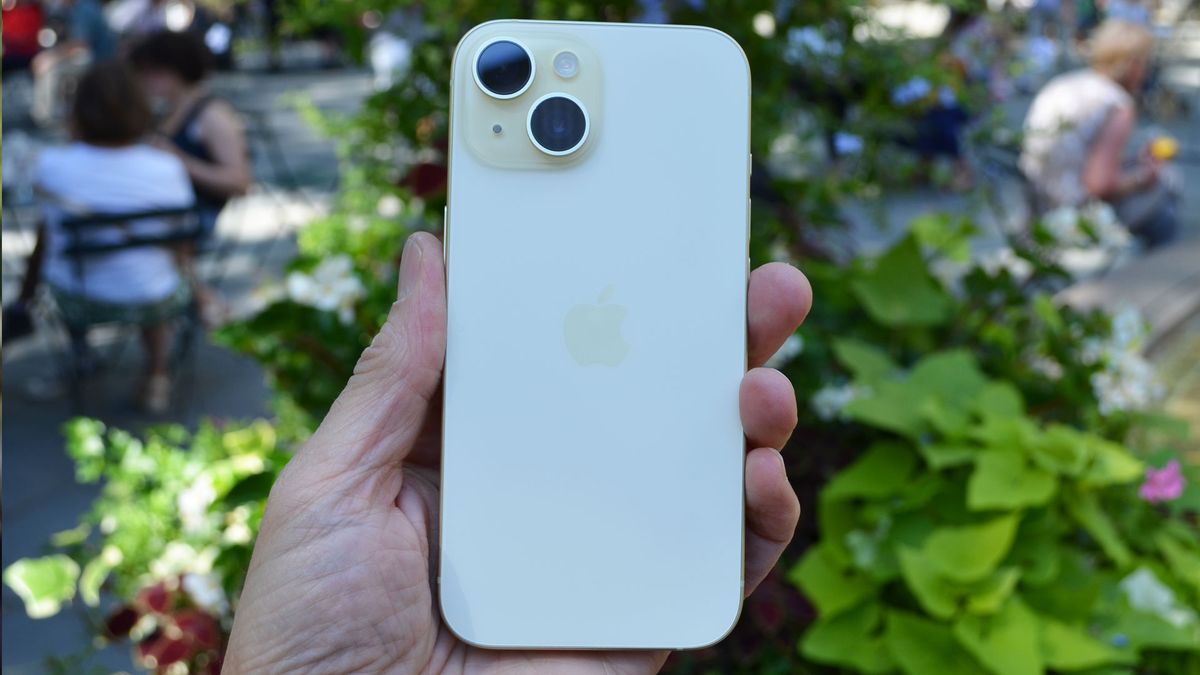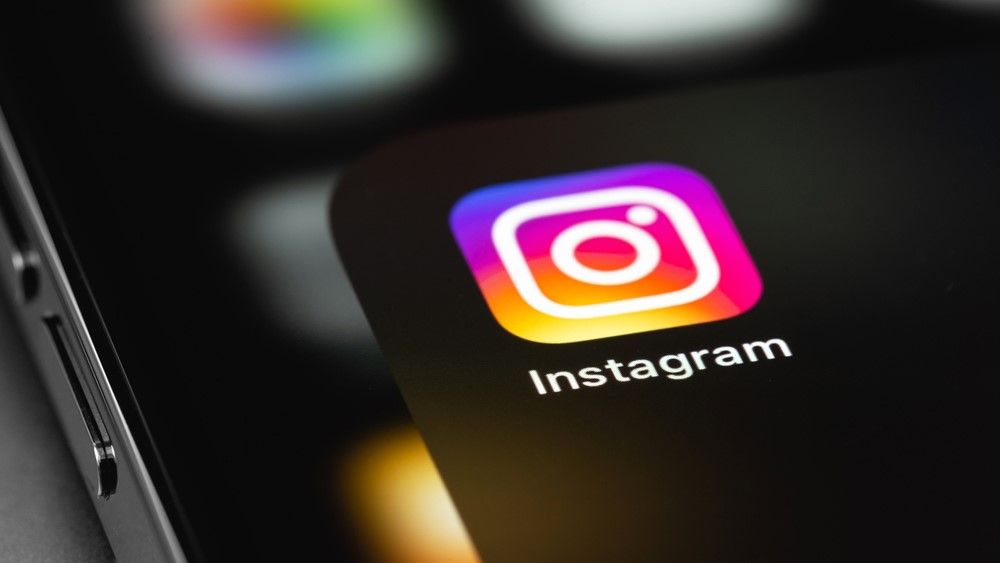Apple doesn’t have what one would really call a mid-range phone; sure the iPhone SE 2022 costs $429 / £419 / AU$719, which is arguably at the low end of mid-range (and the high end of the best cheap phones), but its spec sheet isn’t exactly impressive. Then you have the iPhone 15 starting at $799 / £799 / AU$1,499. This leaves a gap between these two price points for a mid-range Apple phone. There are plenty of Android alternatives, but nothing bearing a shiny partially-bitten apple.
But this is where the iPhone 13 comes in. Now two generations old, it’s still being sold by Apple, only its price has tumbled from the original $799 / £779 / AU$1,349 sticker price to a far more palatable $599 / £599 / AU$1,099 – trade in an old iPhone in and you can cut more off this new price.
And I still feel the iPhone 13 is well worth considering if you’re after an iOS-based smartphone but don’t have the money for the latest mode or Pro versions. While the likes of the iPhone 15 Pro and iPhone 15 Pro Max offer the best overall iOS experience and I think are worth their flagship price, things are trickier to justify with the iPhone 15.
Take away the Dynamic Island – still a bit ho-hum with what it can do so far. Ignore the, admittedly welcome, move from Lightning to USB-C connectivity. Then you’re left with a new iPhone that’s rather similar to the iPhone 13.
There are two rear cameras in main and ultrawide configurations – the iPhone 15 main camera now comes in at 48 megapixels, but the 12MP sensor on the iPhone 13 still delivers great photos in all manner of lighting conditions, with a difference in quality only likely noticeable for people who really go looking for it. I very much doubt you’d be disappointed with the iPhone 13’s camera performance unless you’ve done something crazy like come from a Samsung Galaxy S24 Ultra.
Speaking of performance, the iPhone 13 comes with the A15 Bionic chip, whereas the iPhone 15 sports an A16 Bionic taken from the iPhone 14 Pro; this means a little more power over the base iPhone 14. But as someone who regularly uses an iPhone 13 Pro, which also has the A15 Bionic, I struggle to notice much difference in day-to-day performance between it and the powerful A17 Pro in my iPhone 15 Pro Max. In truth, one only needs the extra oomph for running games like Death Stranding, which has been ported over from the PC and games console arena to Apple’s high-end phones.
So the iPhone 13 may be two years old with change, but I still think it’s a viable iPhone to get now that it’s cheaper than ever. Take a look at the box below as that’ll flag the best iPhone 13 prices in your area.
Overpriced and underspeced
However, even if you have the money to spend, I don’t think I’d recommend an iPhone 15. While our iPhone 15 review does praise Apple’s latest ‘standard’ phone, and it has a lot of things to like, such as slightly contoured edges and some camera tweaks beyond a 48MP bump, I feel it’s lacking for its price.
Apple’s dogged determination to stick with a 60Hz display when many of the affordable models on our best Android phones list sport 90Hz or 120Hz displays, makes the iPhone 15 hard to swallow at its price. I also simply don’t think it offers enough when for $200 / £200 / AU$400, the iPhone 15 Pro throws in an extra camera, a much more powerful chip, a dedicated Action button, a 120Hz LTPO display, and a lovely titanium chassis.
I think if you’re of the mindset that you can live without the specs the iPhone 15 Pro offers, then I think you could easily do without the few extra features the iPhone 15 brings to the table over the more keenly priced iPhone 13.
As it’s one of the most popular models on our best iPhone list, it looks like plenty of people agree that the iPhone 13 is a compelling phone even in 2024. From my perspective, it makes a viable mid-range iPhone, at least until Apple updates the iPhone SE.





